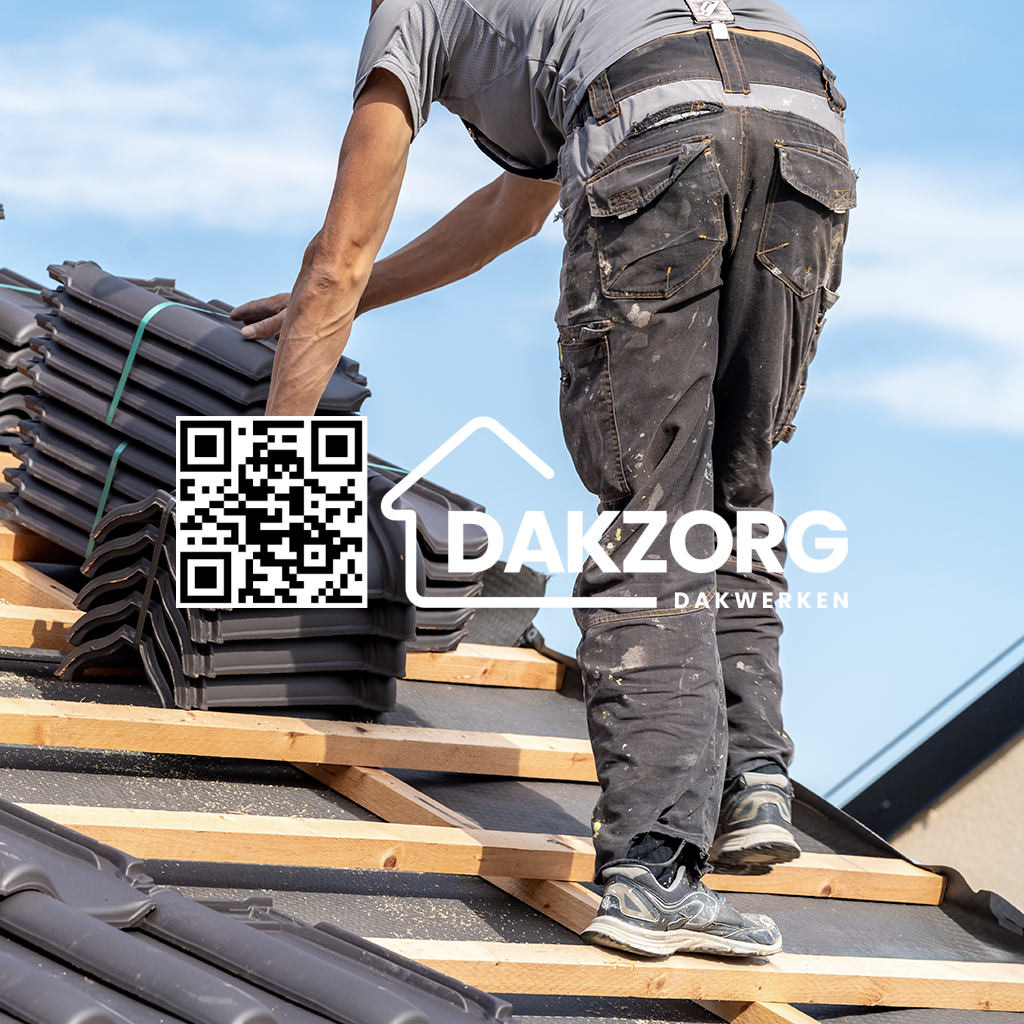Introduction: The Joy of DIY Roofing Projects
There’s something incredibly satisfying about taking on a roofing project by yourself. Whether you're fixing a few shingles, adding a skylight, or replacing an entire roof, the sense of accomplishment that comes from doing it yourself can be unmatched. However, before you roll up your sleeves and grab a ladder, it's crucial to plan ahead—especially when it comes to your toolkit. This article will take you through everything you need to know about Planning a DIY Roofer’s Toolkit: Essential Tools You Need to get the job done right.
What is a Roofer’s Toolkit?
A roofer's toolkit is not just a collection of random tools; it's a carefully curated selection designed to tackle various roofing tasks efficiently. Having the right tools can mean the difference between a smooth installation and a frustrating experience filled with delays and mistakes.
![]()
Importance of Having the Right Tools
Why is it so important to have the right tools? Well, using improper tools can lead to:
- Poor workmanship Increased risk of injury Damage to materials Wasted time and effort
In essence, your toolkit serves as both your weapon and shield in your DIY adventures.
Planning a DIY Roofer’s Toolkit: Essential Tools You Need
So what exactly do you need in your roofing toolkit? Below is an exhaustive list of essential tools categorized for easy understanding.
1. Safety Gear
Hard Hats
A hard hat is crucial for protecting your head from falling debris. When you're working up high, safety should always come first.
Safety Glasses
Safety glasses protect your eyes from dust, debris, and other hazards that can occur during roofing work.
Gloves
Investing in durable work gloves can save your hands from cuts and scrapes while also providing grip.
2. Measuring Tools
Tape Measure
An accurate tape measure is vital for ensuring that all materials fit properly before installation.
Level
A level helps ensure that surfaces are even—critical for both aesthetics and functionality.
3. Cutting Tools
Utility Knife
Every roofer needs a good utility knife for cutting shingles and other materials quickly and accurately.
Tin Snips
For metal roofing projects, tin snips are invaluable for making precise cuts without creating sharp edges.
4. Fastening Tools
Nail Gun
A nail gun speeds up the fastening process significantly compared to manual nailing.
Hammer
You can't go wrong with a reliable hammer—it's versatile enough for various tasks beyond just roofing.
5. Removal Tools
Pry Bar
A pry bar helps remove old shingles or nails without damaging underlying structures.

Roof Ripper
This specialized tool efficiently removes shingles in larger sections, saving time on teardown tasks.
6. Installation Tools
Shingle Cutter
For those who want clean edges on their shingles during installation, investing in a shingle cutter makes life easier.
Caulk Gun
A caulk gun is essential for applying sealants around vents or chimneys where water may penetrate.
7. Ladders & Scaffolding
Extension Ladder
An extension ladder allows you to reach higher areas safely while maintaining stability.
Scaffolding
If you're working on larger roofs or need extended periods at height, scaffolding provides added safety and convenience.
How to Choose the Right Roofing Materials
The type of materials you'll need often depends on the kind of roof you're installing or repairing:
Asphalt Shingles vs Metal Roofing
Asphalt shingles are affordable and easy to install but may not last as long as metal roofs—these are more durable but require specialized tools and Learn more techniques for installation.
Consider Climate
Your local climate also plays an essential role in material choice; certain materials perform better under specific environmental conditions.
![]()
FAQs About DIY Roofing Toolkits
Here are some frequently asked questions regarding Planning a DIY Roofer’s Toolkit: Essential Tools You Need:
What tools do I absolutely need for my first roofing project?- At minimum, you'll need safety gear, measuring tools like tape measures, cutting tools such as utility knives, fastening tools like hammers or nail guns, removal tools like pry bars, and ladders.
- While many homeowners successfully complete roofing projects themselves, safety should be your top priority. Use proper safety gear and never work alone if possible.
- Absolutely! Many home improvement stores offer tool rentals which can save you money if you're only tackling one project.
- Take your time with measurements and cuts; double-check everything before securing materials down.
- Old shingles should be disposed of according to local regulations; some recycling centers accept them.
- Depending on size and complexity, replacing an average-sized residential roof usually takes 1-3 days but could vary widely based on conditions and crew experience.
Conclusion: Your Journey Begins Here!
Taking on a DIY roofing project doesn’t have to be intimidating! With careful planning in terms of selecting the right equipment outlined in this guide about Planning a DIY Roofer’s Toolkit: Essential Tools You Need, you’ll set yourself up for success from start to finish. Remember that preparation is key—ensuring you've got all tools at hand will make the entire process smoother than ever imagined!
Whether you're patching leaks or embarking on full-scale renovations, having the right toolkit ensures you're ready for any challenge that comes your way! So gather those essential items today; you'll be glad you did when you're standing back admiring your hard work once it’s all said and done!